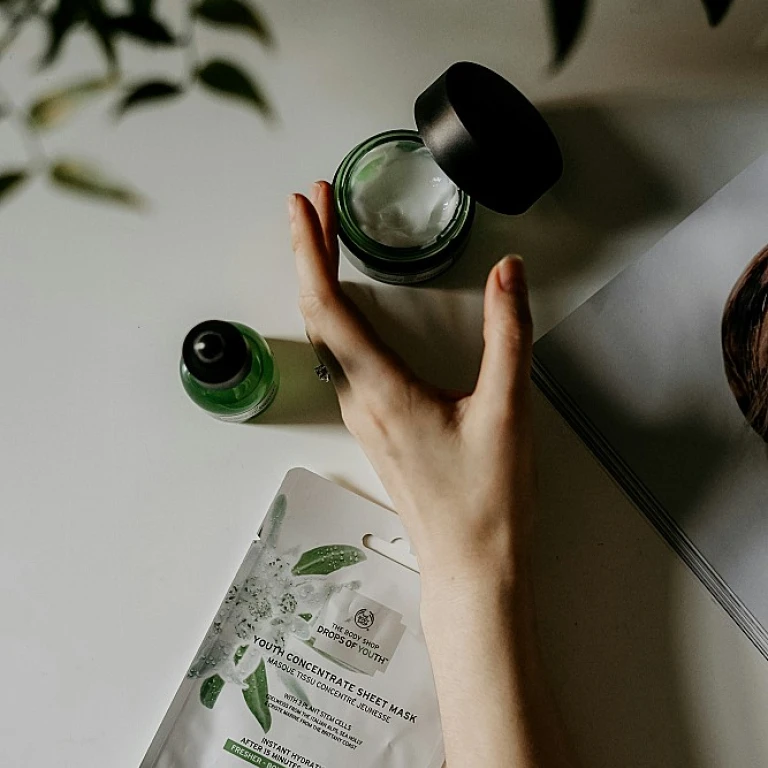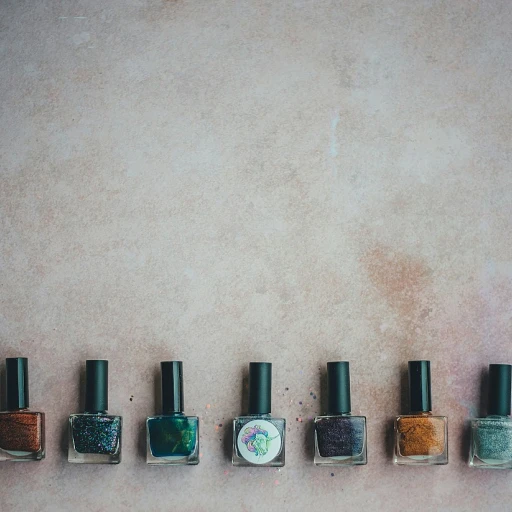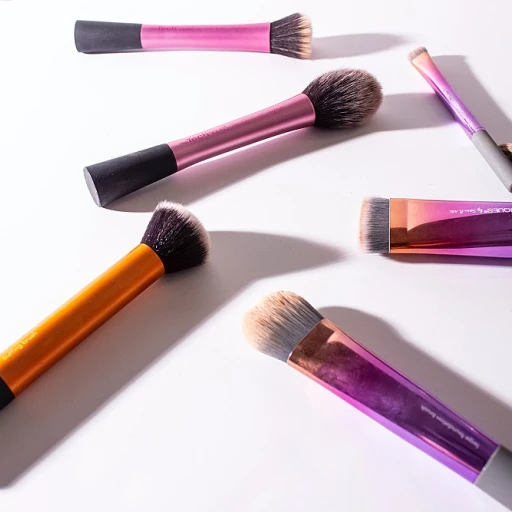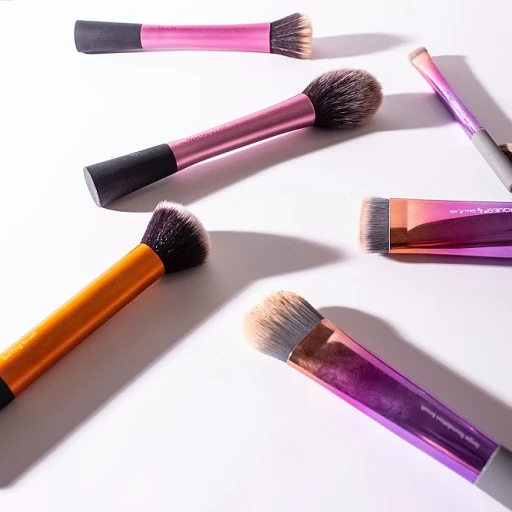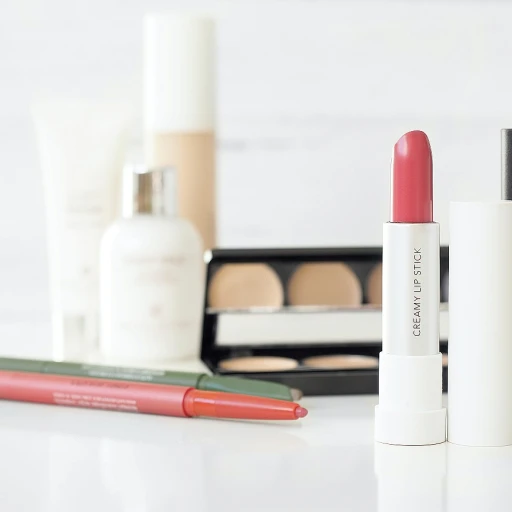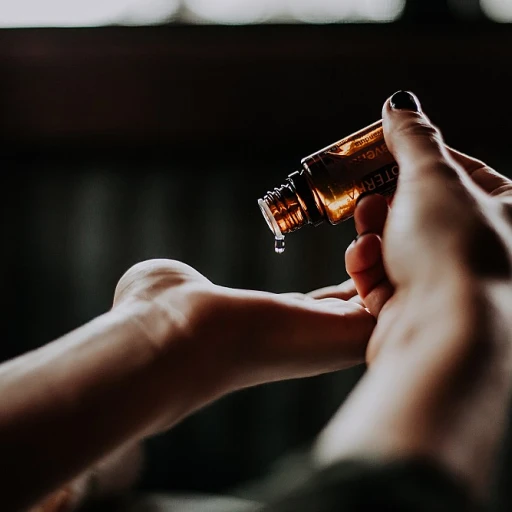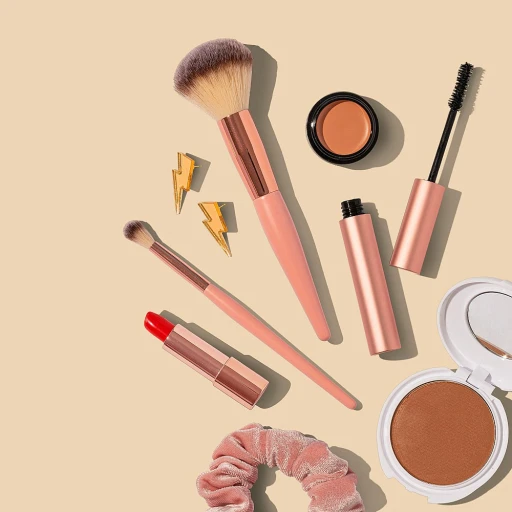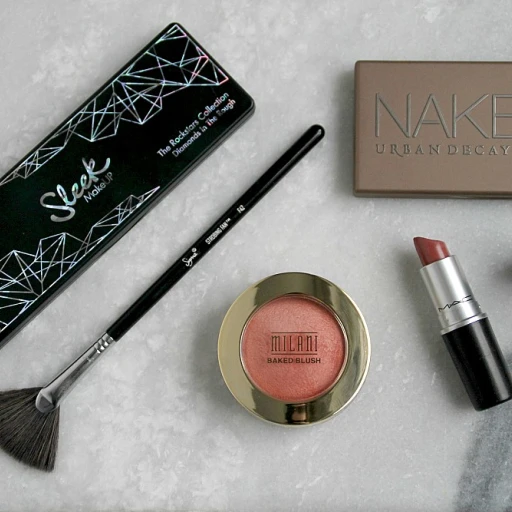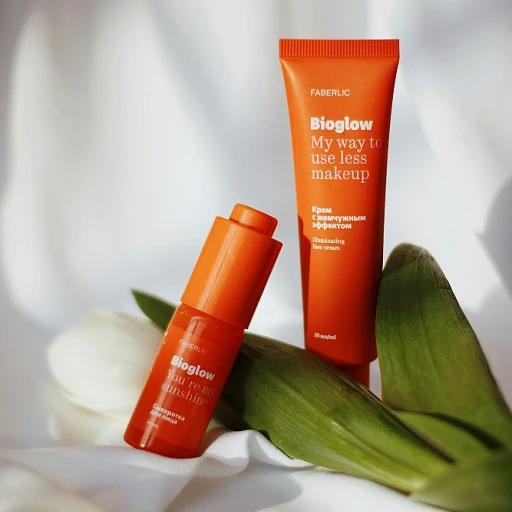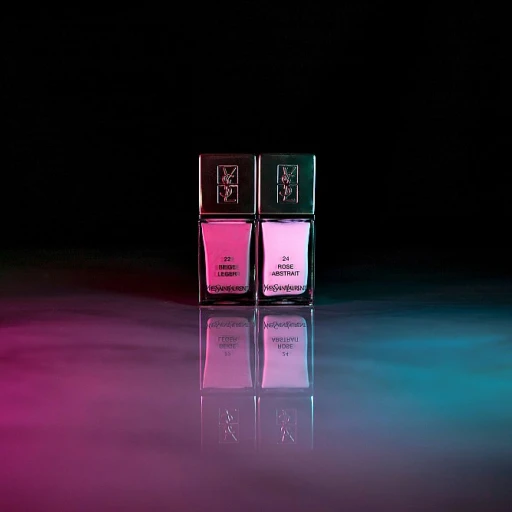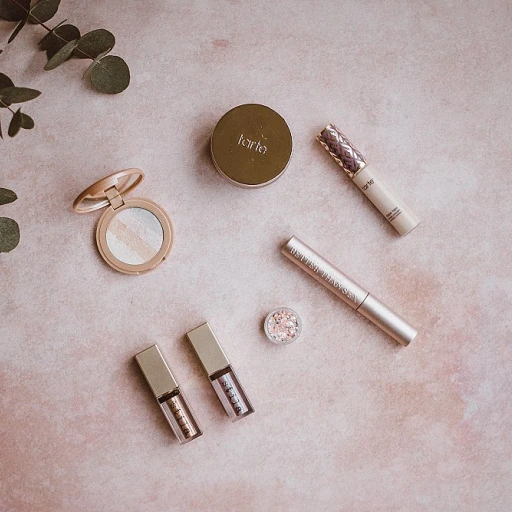
Understanding Cruelty-Free in the Luxury Cosmetics Industry
Defining Cruelty-Free in the World of Luxury Cosmetics
In the opulent realm of luxury cosmetics, the term "cruelty-free" carries a distinct significance. A cruelty-free status indicates that a beauty product and its ingredients have not undergone animal testing, a principle upheld fervently by a segment of today's discerning consumers. Delving into the definitions and scopes within the beauty industry, one can find that cruelty-free encompasses various aspects, not only in the way products are tested but also in the ethical standards maintained by the brand itself. For example, a brand might avoid testing on animals directly but could still use third party testing, which complicates their cruelty-free claim. Many beauty brands, including expansive reputations like Aveeno under its parent company, grapple with the intricate tapestry of cruelty-free standards. While some brands fully embrace a vegan formula, relying solely on plant-derived ingredients, others may find themselves navigating external regulatory requirements, such as those mandated by markets in mainland China, which can require tests on animals. Thus, understanding cruelty-free in luxury skincare isn't simply about what is put into a product, but the entire ethos of production and marketing. This ties into consumer expectations, as backers of ethical beauty prefer transparency above all. Consumers these days demand more than just assurances of high-quality skincare products; they seek moral alignment with the brands they support. For a more comprehensive understanding of these intricacies, you might explore further into COSRX's top-tier brand evaluations and see how industry standards shape reputations. Overall, the luxurious appeal of cruelty-free products extends beyond the surface, inviting brands to not only allure with the richness of their beauty offerings but also with the integrity of their ethical stances.Aveeno's Position on Animal Testing
Investigating Aveeno's Stance on Animal Testing
Understanding a brand's stance on animal testing is critical, especially in the luxury cosmetics industry where ethical considerations are of paramount importance to consumers. Aveeno, nestled under its parent company Johnson & Johnson, has attracted attention for its position on this significant issue. To demystify Aveeno's stance, it's essential to explore whether its products align with the cruelty-free ethos. While Aveeno offers a range of skincare products formulated with natural ingredients, the primary concern for cruelty-free advocates is whether the brand's offerings have been tested on animals. Given that specific regions, such as mainland China, legally require animal testing for cosmetics sold within their borders, the complexity of achieving true cruelty-free status increases. Currently, Aveeno does not carry the universally recognized Leaping Bunny certification, an indicator that products are not tested on animals. However, the brand continues to strive for transparent practices regarding the source of its ingredients and its commitment to reducing harm to animals. While Aveeno's products might not bear the "cruelty-free" label universally, there's an ongoing effort within the beauty community to unearth artisanal and luxury brands reshaping traditional norms, possibly influencing Aveeno's future trajectory. In summary, while Aveeno makes strides with its naturally derived ingredients and acknowledges the public's ethical concerns, there remains a path to tread in aligning entirely with cruelty-free and vegan standards that these conscientious consumers cherish.The Certification Maze: Navigating Labels and Claims
Navigating the Complex World of Cruelty-Free Certifications
In the luxury cosmetics industry, the term 'cruelty-free' is not as straightforward as it might seem. For brands like Aveeno, which is under the umbrella of its parent company Johnson & Johnson, understanding and navigating the certification landscape is crucial. The brand's stance on animal testing is a significant factor in its cruelty-free status, but the path to certification involves more than just a commitment to avoid testing on animals.
One of the most recognized certifications is the Leaping Bunny program, which requires brands to adhere to strict standards and undergo regular audits. However, not all brands that claim to be cruelty-free carry this certification. This can lead to confusion among consumers who are trying to make ethical beauty choices. Aveeno, known for its natural ingredients and skincare products, faces challenges in this area, especially when considering its operations in regions like mainland China, where animal testing is required by law for certain products.
Another layer of complexity is the distinction between cruelty-free and vegan products. While cruelty-free refers to the absence of animal testing, vegan products are those that do not contain any animal-derived ingredients. Aveeno's product line, which includes both cruelty-free and non-vegan items, illustrates this distinction. Consumers looking for cruelty-free beauty must be diligent in understanding these nuances.
Ultimately, the certification maze requires consumers to be informed and proactive. Brands like Aveeno must clearly communicate their policies and practices to meet the growing demand for ethical and cruelty-free products. As the industry evolves, transparency and education will play pivotal roles in helping consumers navigate this complex landscape.
Consumer Expectations and Ethical Beauty
Balancing Beauty with Conscientious Choices
For today's conscious consumers, the promise of cruelty-free beauty has evolved from mere labels to a reflection of their values. Many luxury cosmetics aficionados are discerning in their pursuit of ethically produced products, focusing on the elimination of animal testing and the inclusion of sustainably sourced ingredients. This shift demonstrates growing consumer awareness and the demand for accountability among beauty brands, including both the products and their parent companies.
For instance, when assessing whether Aveeno's products align with cruelty-free standards, potential buyers seek transparency about brand practices. This encompasses understanding whether Aveeno tests animals directly or indirectly through third-party organizations, particularly in markets like mainland China where testing is often required by law.
Consumer expectations extend beyond cruelty-free labels to encapsulate a broader consideration of ingredient sources. Aveeno, known for its use of natural ingredients designed for skincare, must still satisfy the inquiring minds of ethical beauty enthusiasts who value vegan ingredients alongside cruelty-free assurances. While parents and guardians might trust Aveeno's parent company, it’s vital that the brand's commitment to ethical please, especially vegan customers, aligns with their cruelty-free aspirations.
Moreover, certifications such as the Leaping Bunny serve as trusted indicators for those navigating this ethical landscape. Shoppers who prioritize such standards often scrutinize whether a brand like Aveeno is vegan or simply free from animal-derived ingredients. This level of scrutiny reflects a growing expectation that luxury beauty not only meets but exceeds ethical benchmarks. As more consumers demand transparency and accountability from their favorite brands, the path to cruelty-free beauty remains one of continuous evolution and consumer-driven dialogue.

